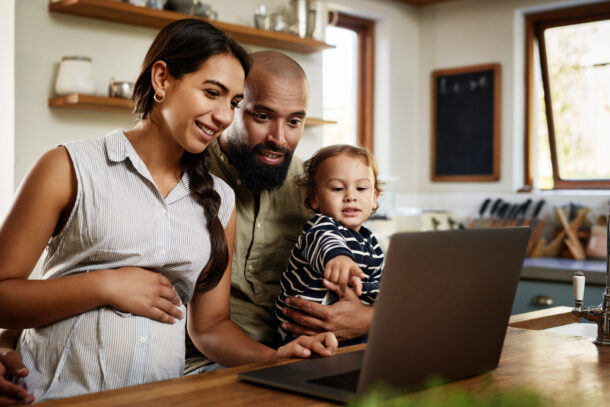As we pack up our quarantined lives, we face changes that seem big and small. And, if you’re anything like me, most of these changes seem big, no matter how small they are. When I enter a place of business without a mask, I still feel like I accidentally forgot my pants. And when my child asks if she needs to wear one, I tell her it’s up to her—even though in my head I’m thinking pleasewearitpleasewearit. Online school won’t be an option for most of our families this year, so I’m on edge thinking about how it’s going to feel sending my daughter off to the old brick and mortar in a few weeks. Last year, I cried a little picking up her Chrome Book and this year I’ll probably cry a little wondering if she’ll actually be there for more than a few weeks at time.
In real life, I study generational demography (that means studying the social structures that make a generation… well, a generation) and one of the things that each generation has is a “shared traumatic event.” Clearly, for our kids, their generational shared traumatic event will be the COVID-19 pandemic and the way that all plays out in their lives as they get older is yet to be known. It worries me! Will kids be more fearful of public places? Will there be more hypochondriacs? If there are, how will that impact their lives as they get older, go to college, get jobs? How will they interact with strangers? Start dating? Oh my.
When I think of the changes organizations, school, workplaces, businesses, etc. need to make to prepare for real life again, I think, “What even IS real life?” Many aspects of our lives have changed and may never be the same. And many things will—and have already—snapped right back to how they used to be with not much disruption.
One of the main changes that will need to made is the one big one I fear will be overlooked: emotional and interpersonal adjustments. Kids at school are going to have fears that would have seemed silly or even unheard of before. And teachers will have to deal with that. Some kids won’t ride the bus or be able to join sport teams due to family expectations about contact and closeness—how will that affect kids’ development of team and camaraderie? Will kids who got COVID be treated differently by the kids who didn’t? The list goes on and on.
My general approach to life and work is to trust the process and know that things emerge. We might not know now what the end result is, but we can usually see the next right step. And then the next. Eventually, the end emerges and it all feels okay… but we had no idea what to expect when we began the journey. Even though I know it’s probably going to end up fine, it troubles and worries me not to yet know how that will play out. But, such is life….?




